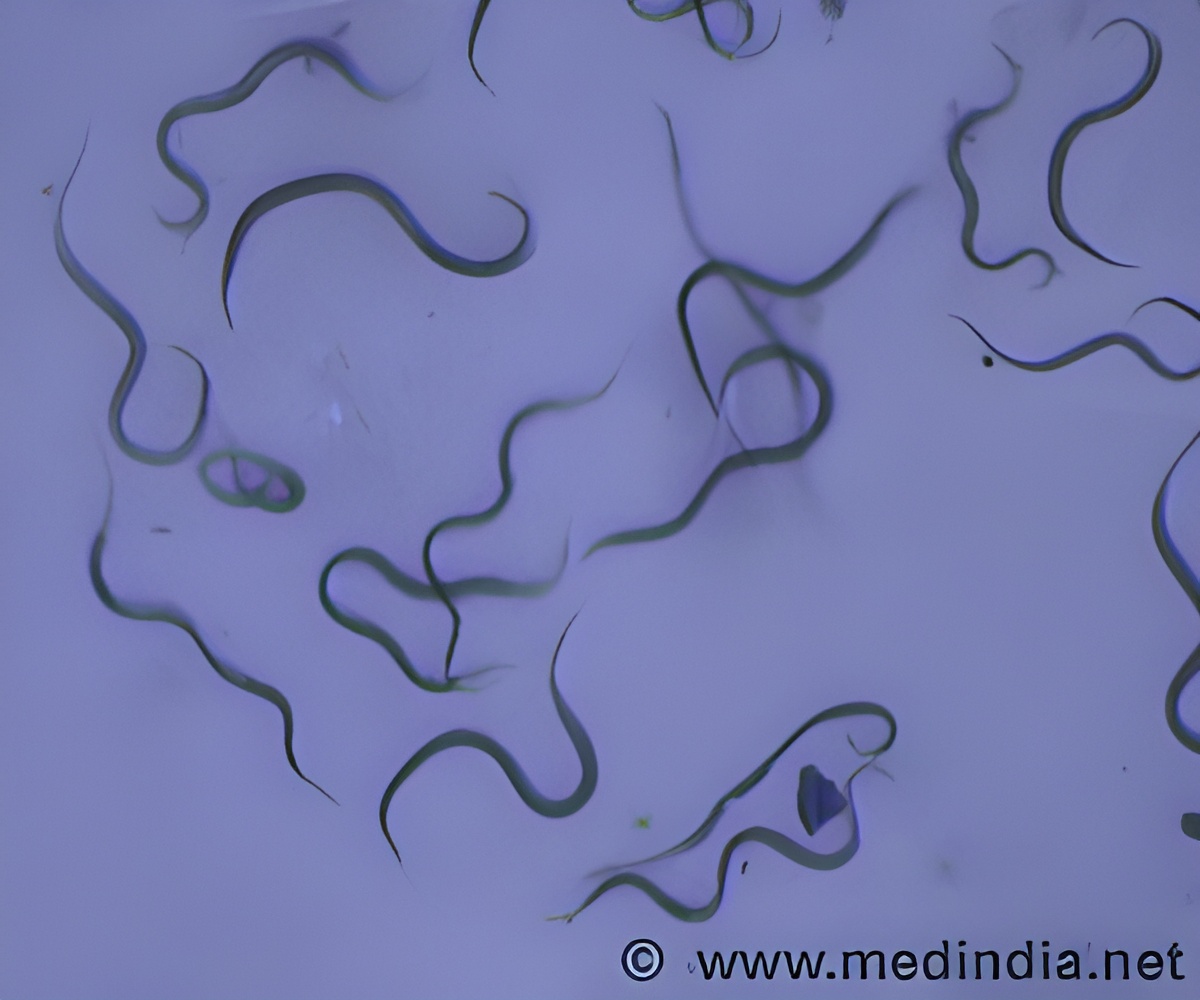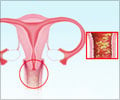
Dr Martha Clokie, from the University of Leicester's Department of Infection, Immunity and Inflammation has been investigating an alternative approach to antibiotics, which utilizes naturally occurring viruses called bacteriophages, meaning 'eaters of bacteria'.
The work has predominantly been funded by the Medical Research Council (MRC).
Dr Clokie said: "Ever since the discovery of the first antibiotic, penicillin, antibiotics have been heralded as the 'silver bullets' of medicine. They have saved countless lives and impacted on the well-being of humanity.
"But less than a century following their discovery, the future impact of antibiotics is dwindling at a pace that no one anticipated, with more and more bacteria out-smarting and 'out-evolving' these miracle drugs. This has re-energised the search for new treatments.
"One alternative to antibiotics is bacteriophages, known as phages, which unlike antibiotics, are specific in what they kill and will generally only infect one particular species, or even strain, of bacteria - referred to as the 'host'. Following attachment to their hosts, they inject their DNA into the bacterium, which then replicates many times over, ultimately causing the bacterial cell to burst open. The phages released from the dead bacterium can then infect other host cells."
Advertisement
As a testament to their therapeutic potential, these phages, that are the subject of a patent application, have been licensed by AmpliPhi Biosciences Corporation - a US-based biopharmaceutical company and pioneers in developing phage-based therapeutics. AmpliPhi have already made progress in developing phages targeted against Pseudomonas aeruginosa, a pathogen that causes acute, life-threatening lung infections in cystic fibrosis patients. They were also the first biopharmaceutical company to demonstrate the effectiveness of Pseudomonas phages in controlled and regulated human clinical trials.
Advertisement
Source-Eurekalert









